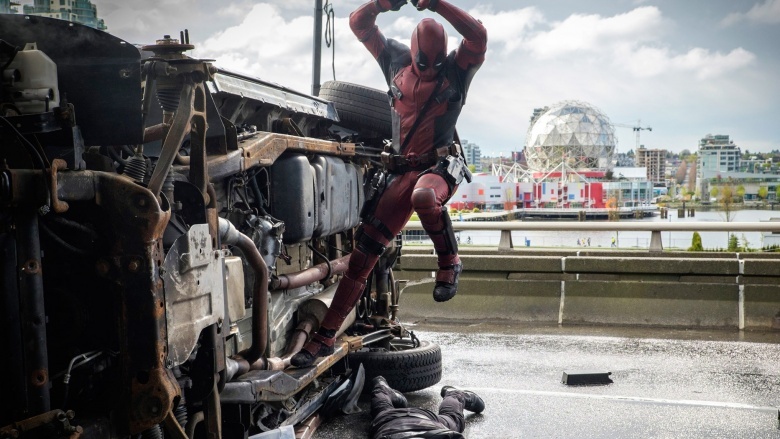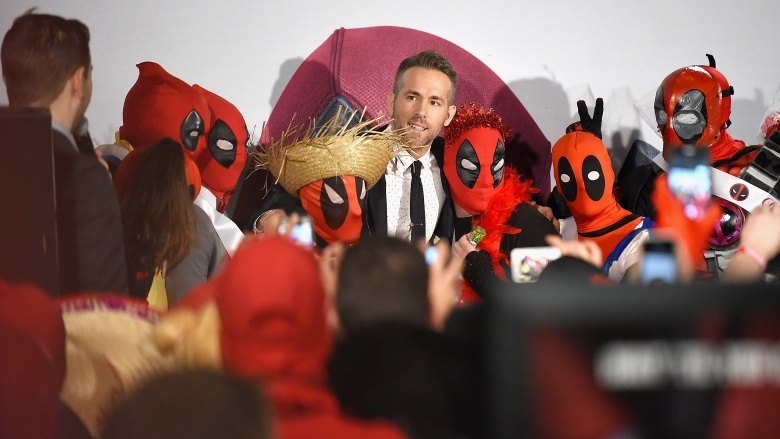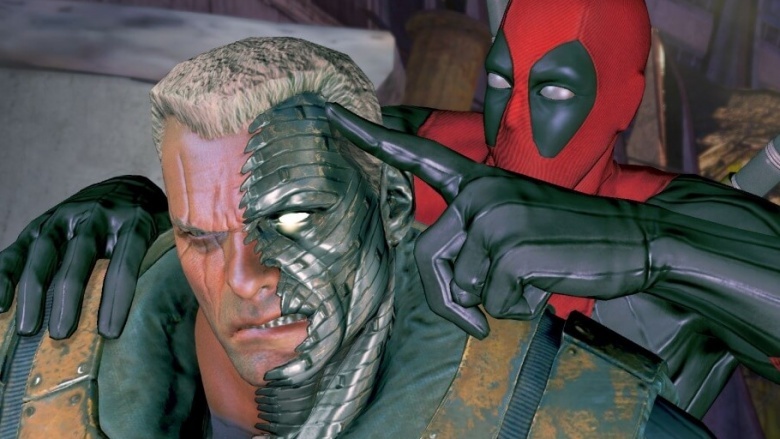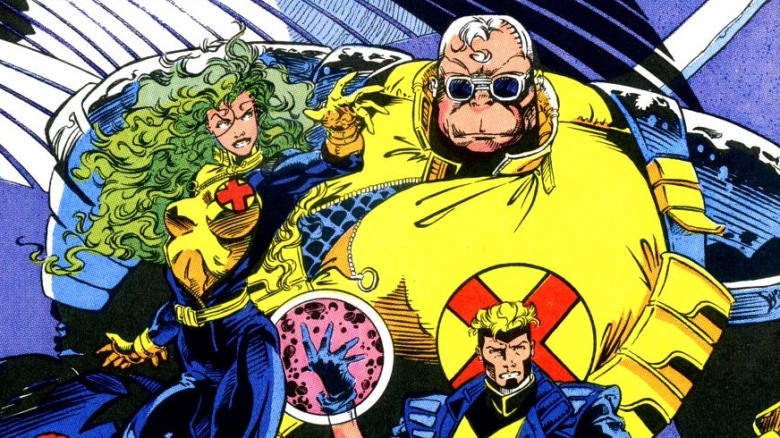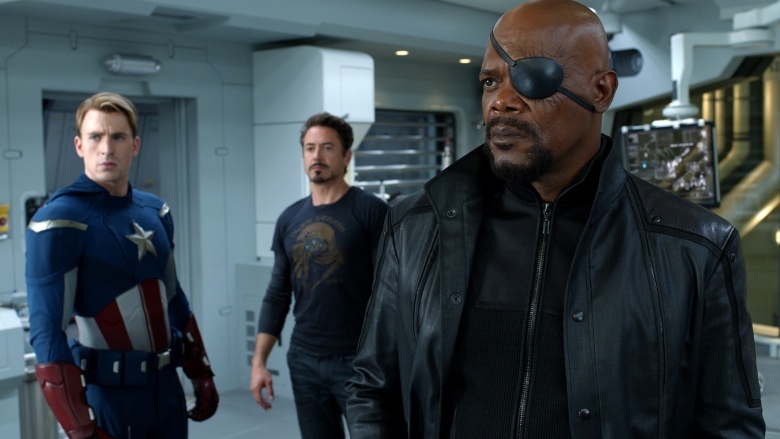What Deadpool's Post-Credits Scene Really Means
Comic book movies! They always have some bit of nonsense after the credits, right? Deadpool is no different. Well, okay, it's actually really different, but not in the way you might think. Without further preamble, here's the real significance behind the post-credits scene in 2016's superhero-comedy bloodbath, Deadpool. Spoilers, y'all.
Deadpool's day off
There's a good chance that lots of the hip, young Millennials who saw Deadpool on opening weekend are fans of comic books and superhero movies. But there's also the possibility that the post-credits sequence's big gag went right over their hip, young heads. In it, Deadpool shows up in a familiar-looking bathrobe, talks directly to the audience, and asks them why they're still there watching the movie. This, of course, is an homage to the post-credits scene in 1986's Ferris Bueller's Day Off, starring Matthew Broderick as a wisecracking high school student who constantly breaks the fourth wall and talks directly to the audience. Chick-ah-chick-ah, indeed.
Sequel talk shows super-confidence
Most studios start work on developing sequels to comic book movies before the lights in the theater can even dim for the first one. Deadpool, it seems, is no exception, as here Deadpool specifically talks about the plans for a sequel. Without any hint of irony, he tells the audience that Deadpool 2 will feature an appearance from Cable, an X-Men character whose backstory is straight-up nonsense (more on that in a second). The fact that the movie tells its audience about the next movie in its franchise is awfully presumptuous, but in the case of Deadpool, it just shows how confident the filmmakers were of how good their movie had turned out. Good thing, too. If Deadpool turned out to be junk, this scene would be pretty embarrassing for everyone involved.
Cable? Really?
So, let's talk Cable. He's the son of Cyclops and a clone of Jean Grey, from a future where the villainous Apocalypse (from X-Men Apocalypse, natch) rules the world and infects Cable with a "techno-organic virus." Cable keeps the virus in check by using his telekinetic powers, meaning he has to rely on guns in battle, which he does when he goes back in time (to the present) to try and make it so Apocalypse can never rise to power. Got all that?
Considering it takes a whole paragraph to explain the origins of a dude with as silly a name as "Cable," he was never really going to fit in easily with the rest of the more serious X-Men movie franchise. But bringing him to the big screen by way of Deadpool, allowing his ultra-serious attitude (and nonsensical origin) to be played for laughs, is a brilliant move. Even better is the fact that the duo even starred in a fan-favorite comic series called, quite aptly, Cable & Deadpool. There's plenty of material to work with here.
Open the floodgates
Bringing Cable into the X-Men universe means that all bets are off in terms of what other characters might show up next. Despite their serious themes, the X-Men comic books have no shortage of asinine characters and stories that can be mined for comic gold in the future. There are ridiculous characters like Cypher, a mutant whose only power is his ability to learn languages, or Strong Guy (pictured here), a hero who is, um, a strong guy. It'll still be dependent on making things work with Cable, but considering how well the filmmakers managed to pull of Deadpool, it sure looks like 20th Century Fox is going to really start mining its X-Men license hard.
Marvel Studios and Fox will never work this out
The success of Deadpool, and the post-credits scene's reference of "Sam Jackson in an eyepatch" (a nod to his role as Marvel Studios' Nick Fury), just goes to show that 20th Century Fox has no intention of working within Marvel's established cinematic superhero universe. While Marvel and Sony were able to come to an agreement to bring Spider-Man into the larger Marvel Universe, Deadpool seems like clear proof that Fox doesn't want to play nice at all. The fact that Ryan Reynolds as Deadpool cracks jokes at Fury's expense in the post-credits scene makes it sound like Fox knows that fans want the X-Men to go to Marvel Studios, and that it's just never going to happen.
